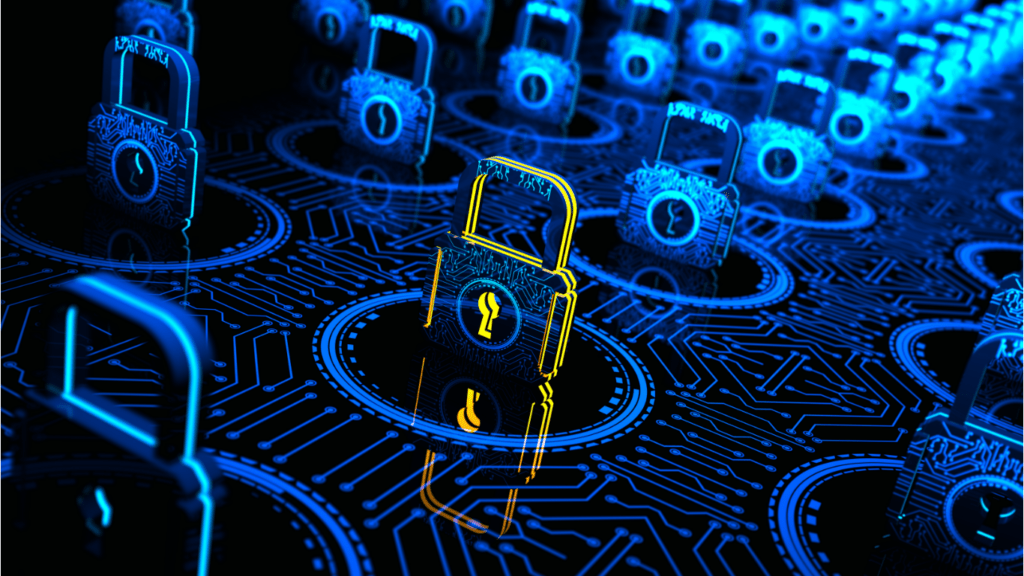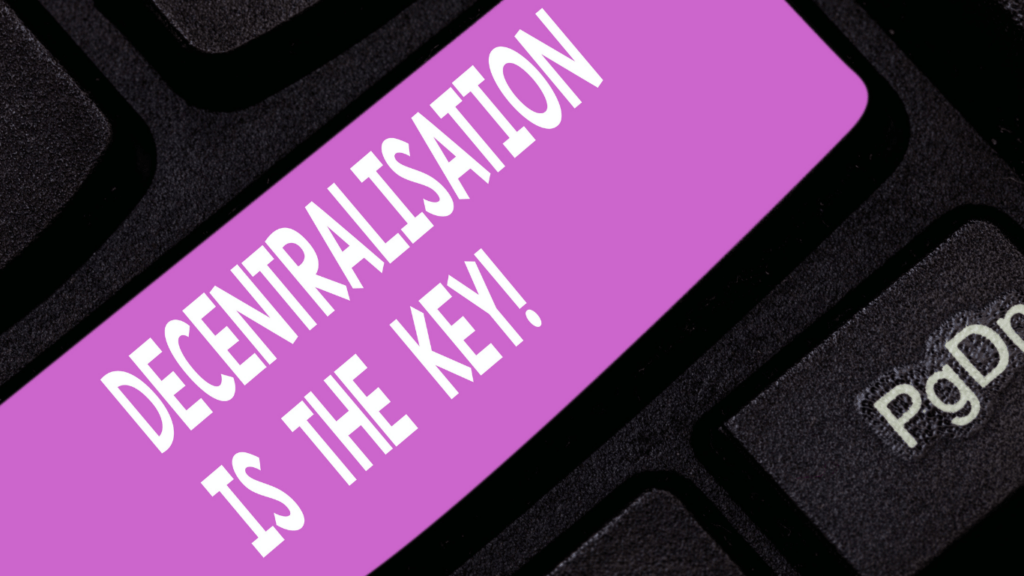What Is Decentralized Identity?
Decentralized identity empowers individuals to manage and own their digital data securely without relying on centralized authorities. It leverages blockchain and cryptographic principles to create a self-sovereign identity framework.
Definition And Key Concepts
Decentralized identity shifts data ownership from organizations to individuals. It relies on blockchain for secure, tamper-proof storage and cryptographic keys for user authentication. Each user receives a unique identifier, known as a Decentralized Identifier (DID), which links to verifiable credentials stored on a decentralized ledger. Trust frameworks ensure interoperability, enabling seamless verification across platforms.
Key components include:
- Decentralized Identifiers (DIDs): Unique, globally resolvable identifiers independent of central authorities.
- Verifiable Credentials: Digitally signed claims about an individual or entity.
- Trust Anchors: Reliable parties that validate credentials’ authenticity.
How It Differs From Centralized Identity Systems
Decentralized identity eliminates reliance on central databases, reducing single points of failure. In centralized systems, platforms store and control user data, exposing it to breaches and misuse. Decentralized identity allows users to share only necessary information without exposing their entire identity, using selective disclosure mechanisms.
Unlike centralized models where data intermediaries verify identities, decentralized systems enable peer-to-peer verification between users and service providers. For example, in a job application process, instead of sharing personal data with multiple parties, users can present verifiable credentials directly to employers. This reduces risks of over-collection and misuse of data.
Key Technologies Behind Decentralized Identity
Decentralized identity relies on advanced technologies to ensure security, privacy, and autonomy. These technologies create a robust framework for managing and verifying digital identities.
Blockchain And Distributed Ledger Technology
- Blockchain underpins decentralized identity by providing a secure, transparent, and tamper-proof infrastructure.
- Each Decentralized Identifier (DID) is registered on a distributed ledger, enabling individuals to verify their identity without intermediaries.
- Public blockchains, such as Ethereum, often serve as the backbone for these systems because of their immutable nature and global accessibility.
- Transactions on the blockchain are cryptographically secured, preventing unauthorized data modifications.
- Distributed ledgers also reduce reliance on single entities, decentralizing trust across networks.
Cryptographic Methods For Security
Cryptographic methods protect data and ensure secure interactions in decentralized identity systems. Public-private key pairs authenticate users, with private keys owned exclusively by the individual. Digital signatures verify the authenticity of shared information, while encryption methods preserve confidentiality during exchanges. Zero-knowledge proofs (ZKPs) enhance privacy by allowing users to prove specific attributes without revealing underlying data. These cryptographic innovations ensure that users control their information without compromising security or privacy.
Benefits Of Decentralized Identity

Decentralized identity offers transformative advantages by addressing long-standing issues in online identity management. It ensures greater security, autonomy, and interoperability for end users.
Improved Privacy And Security
Decentralized identity enhances privacy by minimizing data exposure. Users share only the necessary information through selective disclosure, reducing the risk of identity theft or data breaches. Cryptographic authentication adds an extra layer of security, ensuring data integrity. Unlike centralized systems, this approach eliminates single points of failure, relying instead on a distributed ledger to store immutable identifiers.
Enhanced User Control
This model empowers users by granting full ownership of their digital identities. They manage their Decentralized Identifiers (DIDs) and verifiable credentials without depending on third-party platforms. This independence ensures users can control who accesses their data and under what conditions. For example, individuals can authenticate themselves without repeatedly submitting sensitive information to service providers.
Seamless Interoperability Across Platforms
Decentralized identity fosters interoperability through standardized protocols like DIDs and verifiable credentials. These standards enable seamless identity verification across multiple services, eliminating redundant registration processes. For instance, users can use a single DID to interact securely with various applications, enhancing convenience and usability.
Prominent Use Cases Of Decentralized Identity
Decentralized identity offers practical solutions across various sectors, addressing challenges like data security and privacy concerns. Key industries are already exploring its integration for enhanced user experiences and trust.
Financial Services And Banking
Decentralized identity enhances security and minimizes fraud in banking. With verifiable credentials, users can prove their identities without sharing sensitive details like social security numbers. For instance, customers applying for loans can provide verified credit scores directly from a trusted issuer without exposing unnecessary financial data. This reduces the risk of identity theft and transactional fraud.
Know Your Customer (KYC) processes, essential for regulatory compliance, also benefit. Blockchain-connected identity systems streamline these procedures, enabling real-time verification while preserving user privacy. This efficiency decreases onboarding time and operational costs for institutions.
Healthcare Applications
In healthcare, decentralized identity secures patient data and simplifies access. Patients can store their medical records as verifiable credentials, granting temporary and selective access to providers. For example, during consultations, only relevant health records are shared instead of a full medical history, safeguarding privacy.
This technology also supports cross-border collaborations. Patients accessing treatment abroad can share authenticated health data with foreign doctors without fear of compromise. Moreover, decentralized systems mitigate issues of counterfeit prescriptions by verifying doctor certifications and guaranteeing prescription authenticity.
Digital Identity For The Metaverse
Decentralized identity ensures secure and portable digital identities for the metaverse. Users can seamlessly interact within virtual ecosystems without creating multiple profiles. For example, a single Decentralized Identifier (DID) can facilitate access to various metaverse platforms while maintaining control over personal data.
Verifiable credentials validate user attributes, such as ownership of virtual assets or completion of training in metaverse-based education. These credentials protect against impersonation and build trust in interactions, which are critical in virtual commerce and collaboration. Blockchain integration further guarantees asset ownership integrity across virtual environments.


 Founder & Blockchain Visionary
Founder & Blockchain Visionary

